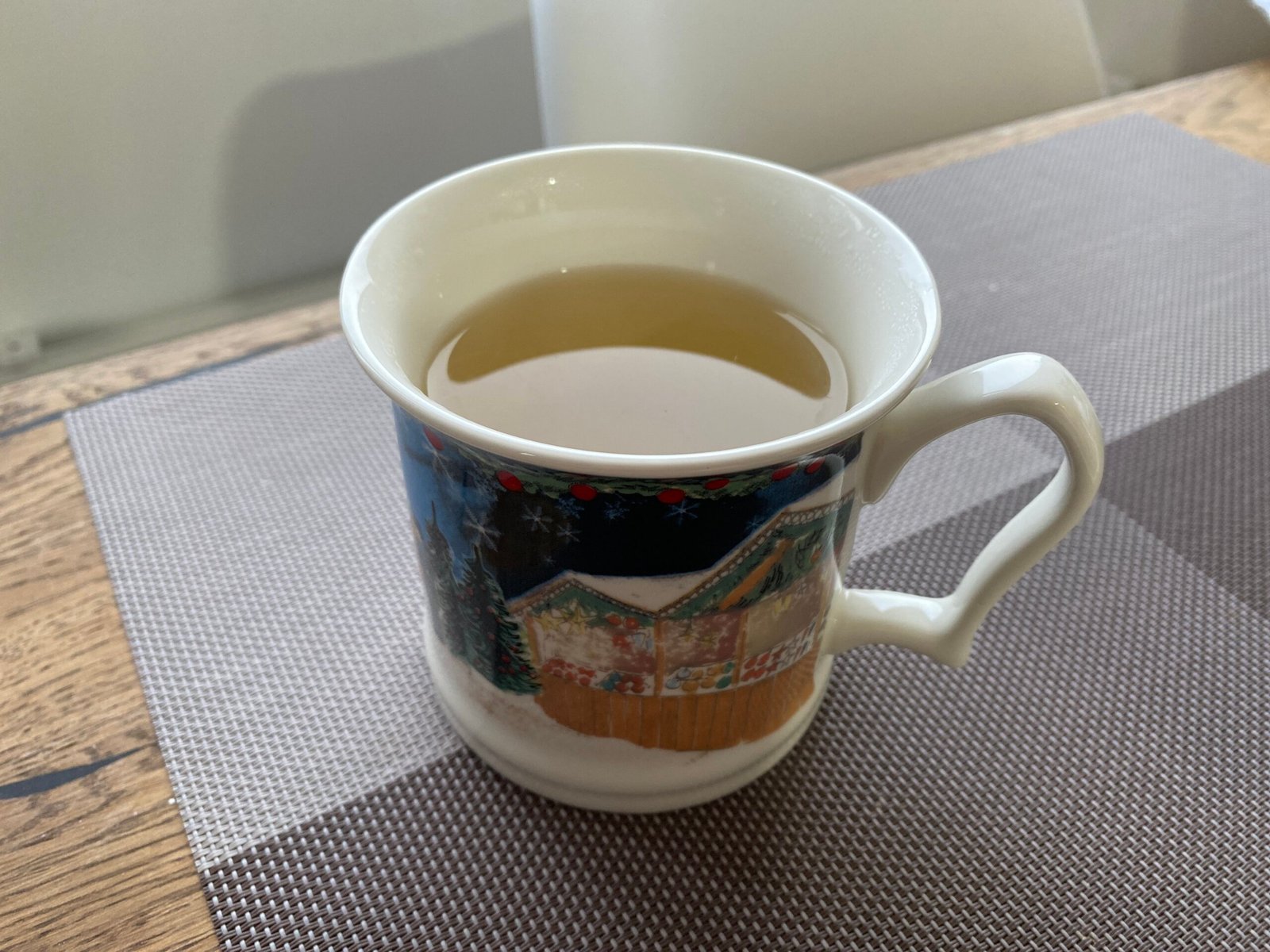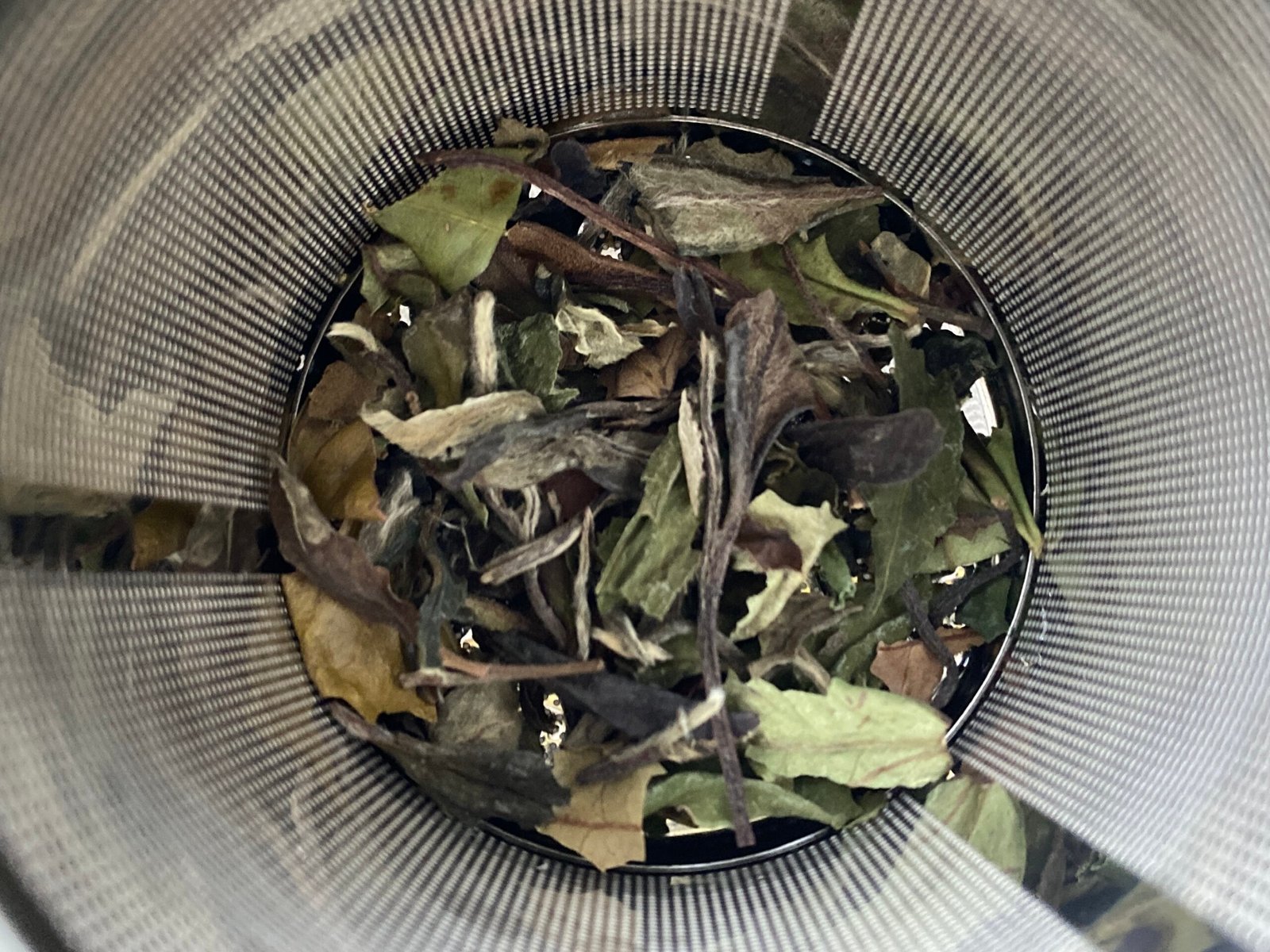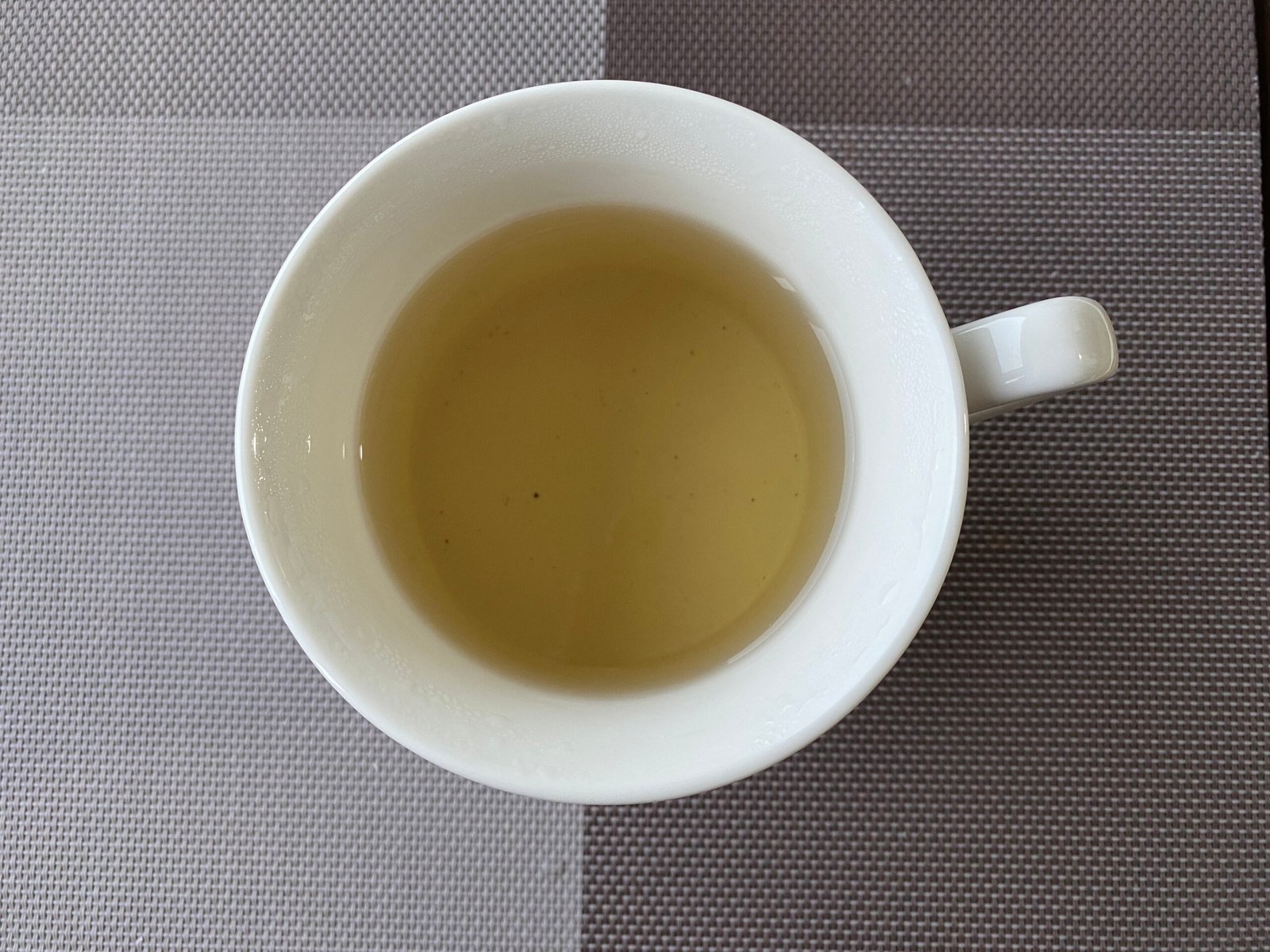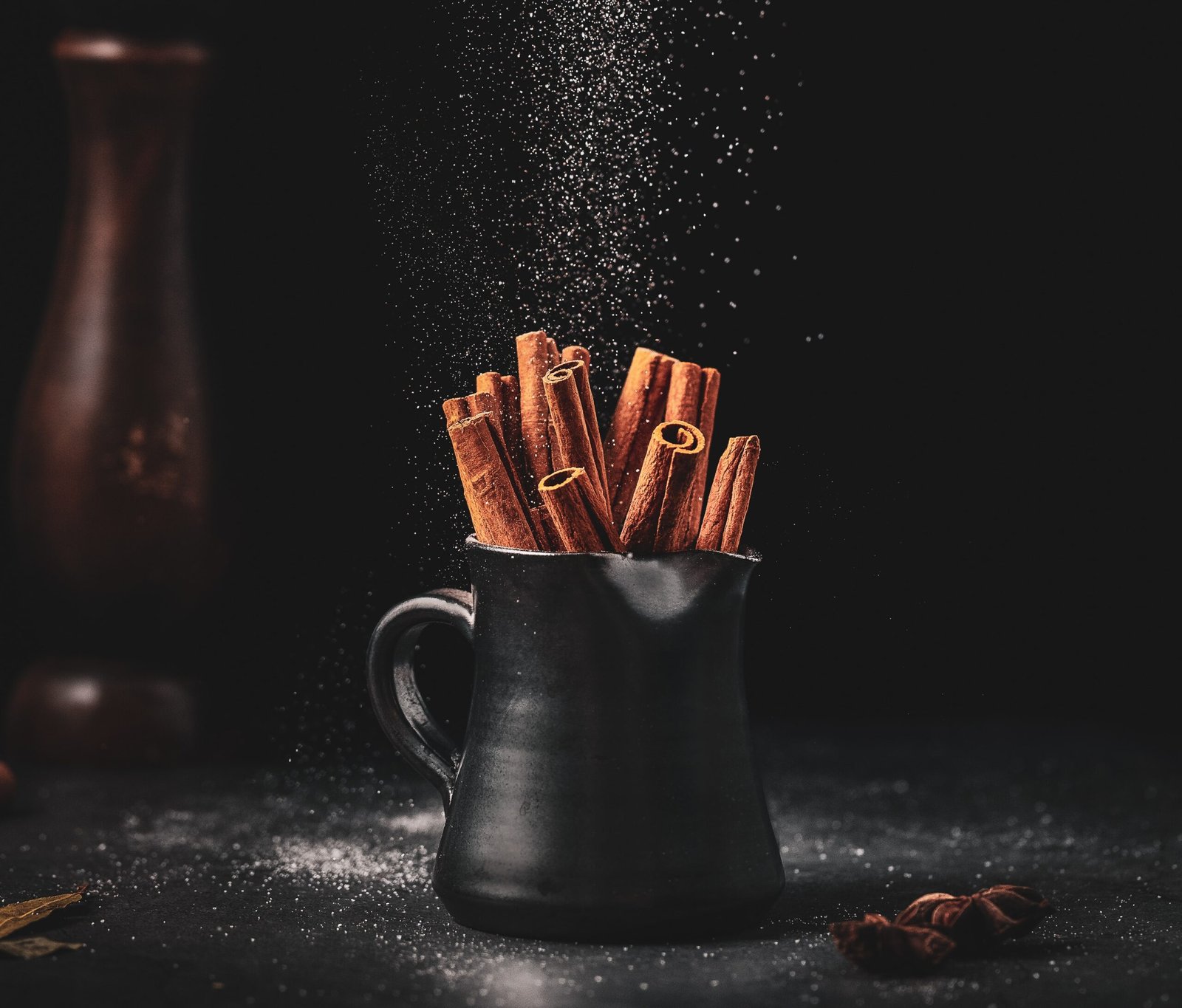Hello, my curious friends!
Today, I am going to talk about white tea’s benefits, side effects, and daily intake.
The weather is getting colder these days, so I often crave warm drinks.
Sometimes, I drink a cup of coffee to energize myself, but I prefer drinks with no or low caffeine if possible since I am sensitive to caffeine. Is there somebody having the same issue as me?
Recently, as the weather where I live has dropped to minus 19 – 23 degrees Celsius (the wind chill is gone down further), I always have a warm drink by my side.

Thanks to me, who likes tea, there are so many different kinds of tea in my house,
and today I selected to drink white tea, called Pai Mu Tan.
Meanwhile, I was naturally curious about the efficacy of white tea and wanted to find out how much caffeine it contained.
So, let’s learn about what white tea’s benefits and side effects are, and also what’s the daily intake amount.
What is White Tea?
White tea is a type of tea that is minimally processed and made from the leaves of the Camellia sinensis plant.
It is known for its delicate flavor and light color, especially it is often described as light, floral, and refreshing.
The brewing process of white tea is also unique, as it requires lower water temperatures and shorter steeping times compared to other teas.
It has gained popularity due to its potential health benefits.
In this article, we will explore the benefits of white tea, any potential side effects, caffeine content, and how much white tea you should consume daily.

Types of White Tea
Before talking about the benefits of white tea, let’s learn about the types of white tea.
White tea comes in various types, each with its own unique flavor profile and characteristics.
Some popular types of white tea include:
1. Silver Needle (Baihao Yinzhen)
Known for its delicate and sweet flavor, Silver Needle is made from the unopened buds of the tea plant.
It is highly regarded for its high quality and is often considered the finest white tea variety.
2. White Peony (Bai Mudan)
White Peony is made from the young leaves and buds of the tea plant.
It has a slightly bolder flavor compared to Silver Needle and is known for its mild floral notes.
3. Long Life Eyebrow (Shou Mei)
Long Life Eyebrow is made from the larger leaves of the tea plant.
It has a stronger and more robust flavor compared to other white tea varieties.
Benefits of White Tea
White tea has lots of benefits. White tea is rich in antioxidants, which help protect the body against free radicals and reduce the risk of chronic diseases such as heart disease and certain types of cancer.
It may also promote healthy skin and slow down the aging process.
Additionally, white tea has been found to have antibacterial and antiviral properties, which can help strengthen the immune system and fight off infections. It may also aid in weight loss by boosting metabolism and reducing the formation of new fat cells.
Here are summarized of the key advantages of incorporating white tea into your daily routine:
1. Rich in Antioxidants
White tea is packed with antioxidants that help protect your body from the damage caused by free radicals.
These antioxidants can contribute to the prevention of chronic diseases and support overall well-being.
2. Boosts Immune System
The immune-boosting properties of white tea can help strengthen your body’s defense mechanisms.
Regular consumption of white tea may help reduce the risk of infections and promote a healthier immune system.
3. Promotes Healthy Skin
White tea is known for its skin-enhancing properties.
The antioxidants present in white tea can help combat the signs of aging, reduce inflammation, and promote a youthful complexion.
4. Supports Weight Loss
White tea may aid in weight management.
It contains compounds that can help boost metabolism and promote fat burning.
Incorporating white tea into a balanced diet and exercise routine may assist in achieving weight loss goals.
Potential Side Effects of White Tea
Even though White tea has a bunch of health benefits, there are side effects as well.
What would be the side effects of White tea?
While white tea is generally safe for most people when consumed in moderation, it does contain caffeine.
Excessive consumption of caffeine can lead to side effects such as jitteriness, increased heart rate, and difficulty sleeping.
It is important to be mindful of your caffeine intake and limit it if you are sensitive to its effects.
Furthermore, white tea may interact with certain medications, so it is advisable to consult with your healthcare provider if you are taking any medications or have any underlying health conditions.

Caffeine Content in White Tea
The caffeine content in white tea can vary based on factors such as the specific type of white tea, brewing time, and water temperature.
However, in general, white tea tends to have less caffeine compared to black or green tea.
On average, a 237ml (8-ounce) cup of white tea may contain approximately 15-30 milligrams of caffeine.
This is significantly lower than black tea, which typically ranges from 40-70 milligrams per 237ml (8-ounce) cup, and green tea, which usually falls in between with around 20-45 milligrams per 237ml (8-ounce) cup.
It’s important to note that these are rough estimates, and actual caffeine content can vary.
Additionally, caffeine sensitivity varies among individuals, so if you are particularly sensitive to caffeine or have specific health concerns, it’s advisable to monitor your intake and consult with a healthcare professional if needed.
Recommended Daily Intake
There is no specific recommended daily intake for white tea, but it is generally safe to consume 1-2 cups per day.
This amount provides enough antioxidants and other beneficial compounds without exceeding the recommended caffeine intake for most individuals.
It is important to note that the caffeine content of white tea is lower than that of black or green tea, making it a suitable choice for those who are more sensitive to caffeine.
In conclusion, white tea offers numerous health benefits due to its high antioxidant content.
However, it is essential to consume it in moderation and be aware of any potential side effects.
As with any dietary change, it is always best to consult with your healthcare provider to ensure it is suitable for your individual needs.
Today, we learned about white tea’s benefits, side effects, and daily intake.
Are you now interested in drinking white tea?
Hopefully today’s my article is helpful for you!👍
And here is another article you might also be interested👇
Surprising benefits and side effects

